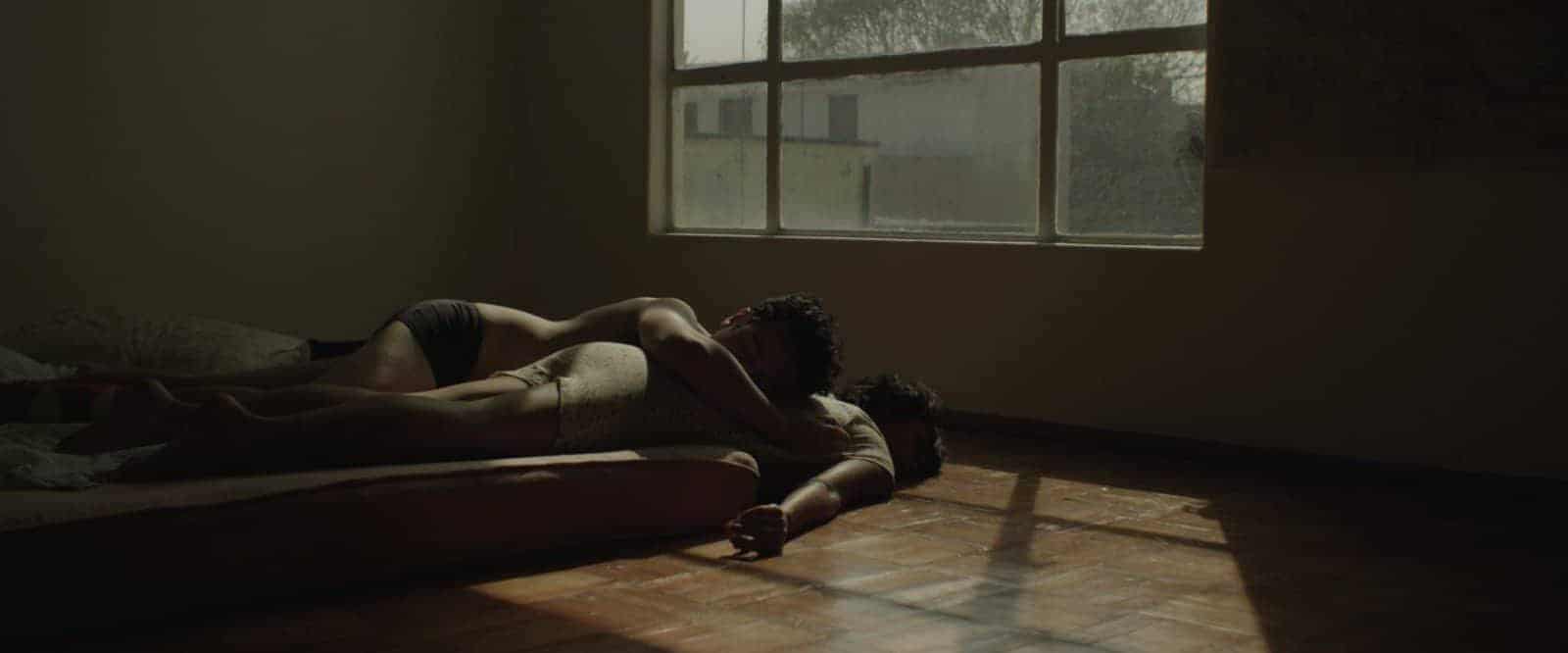The Adventures of Pericles was recorded in 2015 and will screen in cinemas across Canada and the U.S. in 2016 starting May 7 (May 8 and 12 in Canada). To find screenings near you, visit the Stratford HD website here.

Shakespeare’s Pericles, Prince of Tyre (rebranded by the Stratford Festival as The Adventures of Pericles) is less a play and more a series of scenes strung together. It opens with incest and runs through murder, resurrection, and the threat of sexual slavery before a visitation from the goddess Diana. Remarkably, director Scott Wentworth manages to impose unity on this unruly text by highlighting the theme of feminine virtue that runs through the play. Nevertheless, this can’t quite compensate for the weakness of the play itself.
Wentworth draws some consistency out of the inconsistent mess that is the lurching plot of Pericles by highlighting the impetus for Pericles’ wanderings: his search for a truly virtuous woman, the “pearl.” The play’s three iterations of this ideal are portrayed by the remarkable Deborah Hay. Hay takes centre stage at the opening of the production as Prince Pericles’ (Evan Buliung) would-be bride, clad in virginal white. This pure exterior conceals a tainted core: Pericles soon discovers that she has committed incest with her father (King Antiochus, portrayed by Wayne Best).
Pursued by Antiochus’ agents desperate to keep the incest a secret, Pericles decides to go island-hopping until things cool down a bit. He is eventually shipwrecked, where he meets Hay again, this time playing the role of his eventual bride Thaisa. Thaisa is presumably a “pearl” of virtue, but we have to take this on faith, as she promptly dies in childbirth on their sea voyage home. Pericles places his infant daughter Marina in the care of a nearby kingdom and apparently just leaves her there for literally years.

Marina (also Hay) grows up to be so excruciatingly perfect that her host family tries to murder her. Marina is then rescued by pirates and sold to a brothel, where her identity as the embodiment of virtue makes her a poor investment: she convinces all her clients to stop whoring and go to church. (One of these converts becomes her husband. This play is nuts.)
Having inexplicably waited over a decade to pick up his daughter, Pericles is nevertheless prostrated by the news of her apparent death. He goes wandering again, but chance reunites father and daughter in one of the few genuinely touching scenes in the play.
Pericles is then visited by the goddess Diana, who reveals that Thaisa was resurrected from the dead (!!) and has been living as a nun on another island for years. (Nobody asks why Diana couldn’t say anything earlier.) The family is reunited outside a temple: virginal Marina and virtuous Thaisa who remained sexually faithful to her husband, together with Pericles at last.
To make matters weirder, Stratford apparently decided that what Pericles really needed was tunes you could hum. It’s Pericles: The Musical! Yet the songs allow Wentworth to reinforce this production’s central conceit: the nature and value of a virtuous woman. Pericles makes this explicit after meeting Thaisa when he sings about “the pearl.” a phrase that never appears in the text of the play. Purists needn’t fear that the songs are corrupting the Bard’s language, because the first half of Pericles wasn’t written by Shakespeare but by a lesser collaborator. Anyone waiting for the good stuff will have to sit through nine scenes of characters rhyming “bed” with “dead.”
Wentworth’s minimalist staging manages to prevent this production from seeming too chaotic. Recognizing that the locations are basically interchangeable, Wentworth dispenses with sets and relies on dialogue cues alone to situate the audience. This could become confusing since actors portray multiple roles, but in fact the repeated faces lend a welcome sense of familiarity to the proceedings. Most luminous of all is Hay, whose three linked performances draw nuance from stilted dialogue. Hay’s costumes are sumptuous where the rest are plain, and she’s frequently placed in the centre of the thrust stage, where she can be best appreciated by the whole audience. Wentworth ingeniously combines all the mechanics of staging to ensure that she, not Pericles, grounds this production.
Yet even this valiant effort can’t disguise the fact that the play itself is a stinker. Nine locations and multiple one-scene characters are strung together by voice-over. The characterization is flat and the play’s first half is uninspired. Only Pericles’ lieutenant Helicanus (Stephen Russell) draws a compelling performance from this meagre material, and he is relegated to a B-plot. Pericles is worth seeing once, and this is a very good production. Though there is much to admire here, there is relatively little to enjoy.
The Adventures of Pericles was recorded in 2015 and will screen in cinemas across Canada and the U.S. in 2016 starting May 7 (May 8 and 12 in Canada). To find screenings near you, visit the Stratford HD website here.
We also recommend attending the Stratford HD screening of their 2015 production of Hamlet.

